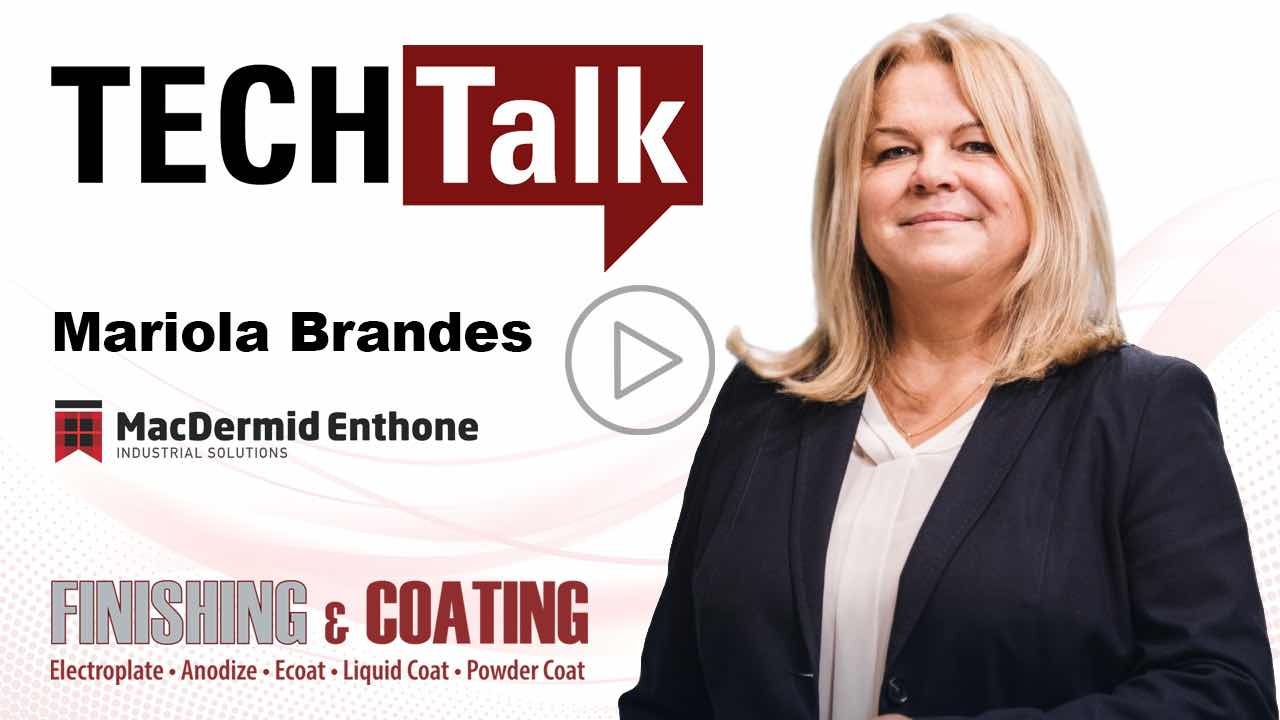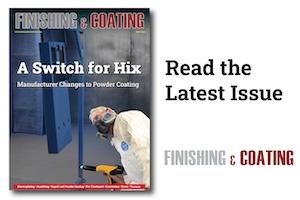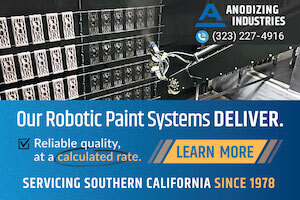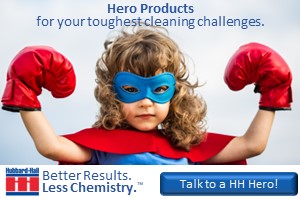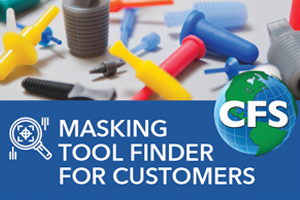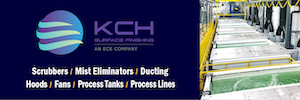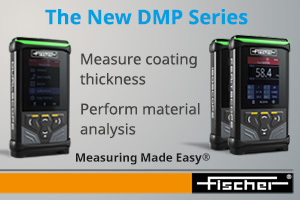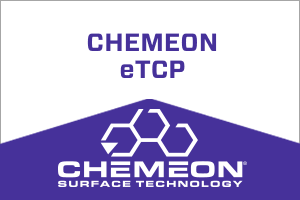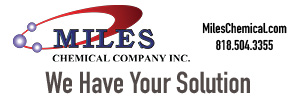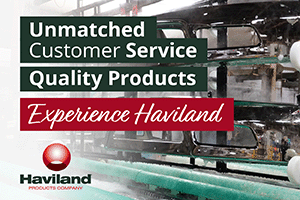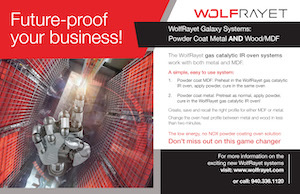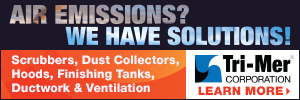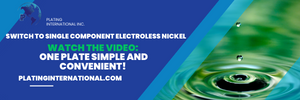We talked with Mariola Brandes, Global Director of Decorative Systems for WRC and PET at MacDermid Enthone Industrial Solutions, to discuss Tristar Shield, a non-Cr(VI) electrolytic process that optimizes decorative chromium deposits by providing higher neutral salt spray resistance as well as improved resistance to humidity.
Brandes says using Tristar Shield also offers unique temporary storage protection to trivalent chrome-plated parts. She says the process performs similarly to chromic acid-based (CrVI) passivation treatments traditionally applied over chrome deposits.
Tristar Shield passes the most severe requirements for the Neutral Salt Spray test (ISO 9227) on plastic, steel, brass, zinc die-cast, and aluminum components. More than 480 hours to NSST after PV 1200 (8 cycles) are achieved without any change of aspect (VW TL 528 requirements), and up to 1,000 hours of NSST for automotive applications are achieved without modification of aspect according to JLR specification requirements (STJLR.50.5151). In addition, it has up to 250 hours for brass parts, including faucets and sanitary fittings, and more than 24 hours for steel components, including furniture and wire goods.
Features and Benefits
- PFAS-free trivalent chrome
- Increased neutral salt spray and humidity performance
- Improved resistance to nickel layer leaching (EN 1811)
- Reduced staining tendency
- Does not influence the color of the decorative chrome finish
- Eased replenished for prolonged bath life
For information, please visit https://industrial.macdermidenthone.com/products-and-applications/decorative/tristar-shield.




